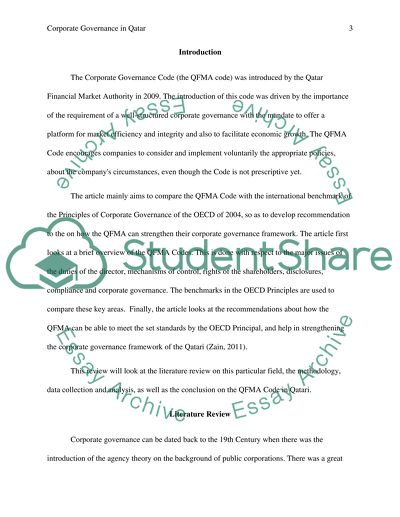Cite this document
(“Fin Project Essay Example | Topics and Well Written Essays - 2500 words”, n.d.)
Retrieved from https://studentshare.org/finance-accounting/1668496-fin-project
Retrieved from https://studentshare.org/finance-accounting/1668496-fin-project
(Fin Project Essay Example | Topics and Well Written Essays - 2500 Words)
https://studentshare.org/finance-accounting/1668496-fin-project.
https://studentshare.org/finance-accounting/1668496-fin-project.
“Fin Project Essay Example | Topics and Well Written Essays - 2500 Words”, n.d. https://studentshare.org/finance-accounting/1668496-fin-project.


